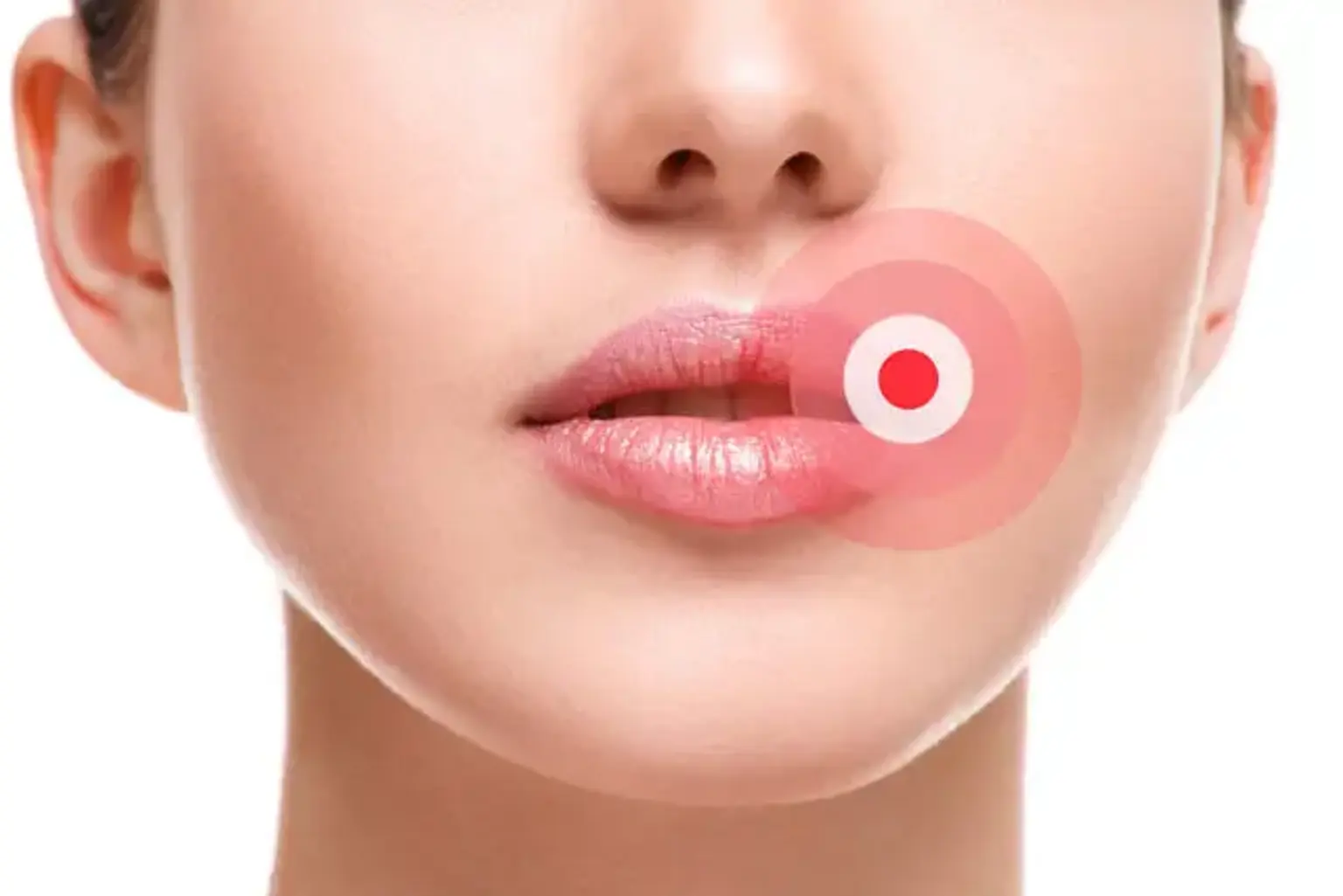Introduction
Herpes is one of the most common viral infections globally, affecting millions of people each year. Despite its prevalence, many misconceptions and stigmas surround the condition, making it essential to raise awareness about its causes, symptoms, and treatment options. Understanding herpes is the first step toward managing it effectively and reducing its impact on daily life.
The herpes simplex virus (HSV) comes in two primary forms: HSV-1, which typically causes oral herpes, and HSV-2, which is associated with genital herpes. While the condition can feel overwhelming to those newly diagnosed, advancements in treatment and management strategies have made living with herpes more manageable than ever.
In Korea, herpes treatment has seen significant developments, with highly trained dermatologists and innovative approaches offering hope to those affected. Moreover, the stigma around herpes is gradually being addressed through education and open dialogue. By breaking the silence and debunking myths, individuals can take proactive steps to protect themselves and others.
Understanding the Herpes Simplex Virus (HSV)
Herpes is caused by the herpes simplex virus (HSV), a contagious virus that spreads through direct contact with infected skin, mucous membranes, or bodily fluids. There are two main types of HSV:
HSV-1 (Oral Herpes): This type primarily affects the mouth and surrounding areas, often leading to cold sores or fever blisters. HSV-1 can also spread to the genital area through oral-genital contact.
HSV-2 (Genital Herpes): Primarily transmitted through sexual contact, HSV-2 typically causes sores or lesions in the genital region. While less common, HSV-2 can also infect the oral area.
How the Virus Works
Once HSV enters the body, it remains dormant in nerve cells and can reactivate later, causing recurrent outbreaks. Factors like stress, illness, fatigue, or sun exposure often trigger these episodes. Although HSV is highly contagious, it is most infectious during active outbreaks when sores or blisters are present. However, asymptomatic viral shedding—when the virus is active without visible symptoms—can also spread HSV.
Transmission of Herpes
HSV spreads through:
